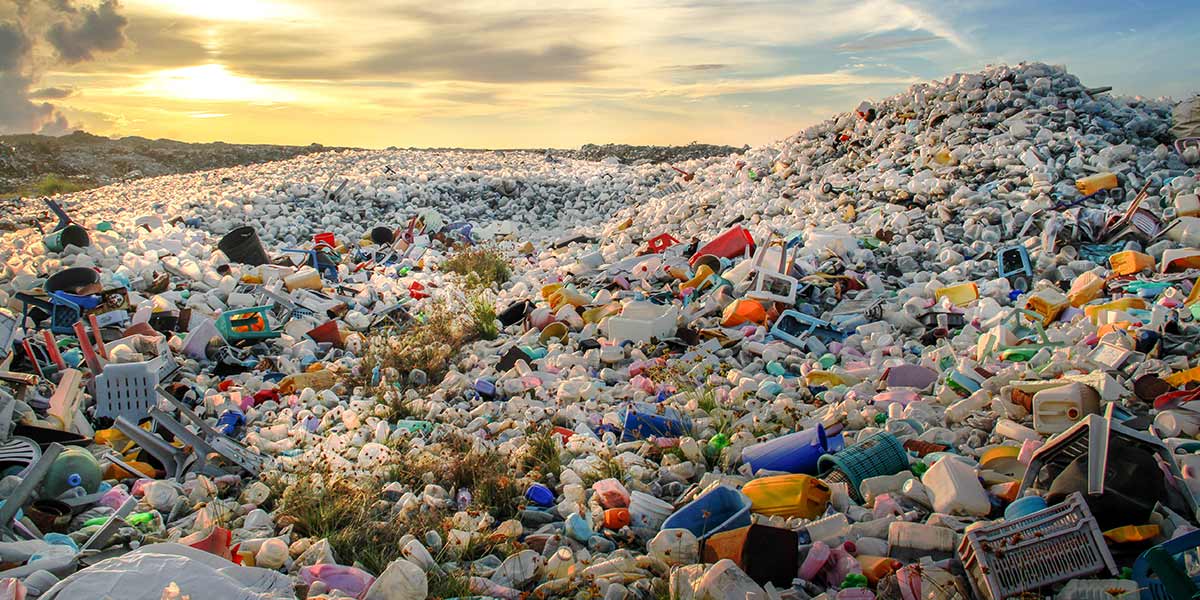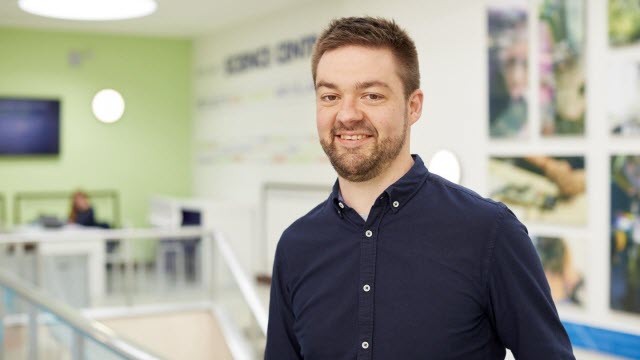Scientists Can Transform Plastic Waste Into Car Fuel

After developing a ground-breaking process, scientists from Swansea University found a way to transform plastic waste into hydrogen that can be used to fuel cars.
In an interview with the BBC, one of the researchers at the University’s chemistry department, Dr. Moritz Kuehnel, stated more information about their study and what they used to create oxygen.
Dr. Kuehnel explained that they add a light-absorbing material to the plastic and place it in an alkaline solution and then expose it to sunlight. The process will then create hydrogen.
He stated that this method is cheaper than recycling because it can use any kind of plastic, even the one that still contains grease, food or other ingredients.
“There’s a lot of plastic used every year—billions of tonnes—and only a fraction of it is being recycled. We are trying to find a use for what is not being recycled,” he said.
Even though plastic bottles are made from PET and can be recycled, many of them end up in landfills or are burned. And when they are recycled, they must be very pure, said Dr. Kuehnel:
“Potentially you need to wash it which is very expensive, and even if you do all of that, the plastic you get isn’t always as nice as virgin material.”
Not a “Picky” Recycling Process

But their process is not “picky,” he added, explaining that it can degrade all types of plastic waste:
“Even if there is food or a bit of grease from a margarine tub, it doesn’t stop the reaction, it makes it better. The process produces hydrogen gas. You can see bubbles coming off the surface. You can use it, for example, to fuel a hydrogen car.”
As for when the project can be rolled on an industrial level, Dr. Kuehnel thinks it will be years away.
The study – founded by the Engineering and Physical Sciences Research Council and an Austrian petrochemical company – also explained that after hydrogen is produced, there are plastic remains that can be used to make new plastic.
“We don’t make a full new plastic, we use just half of the material to make new plastic and the rest can be recycled—a clean, clear water bottle out of plastic,” added Dr. Kuehnel.
0 comments